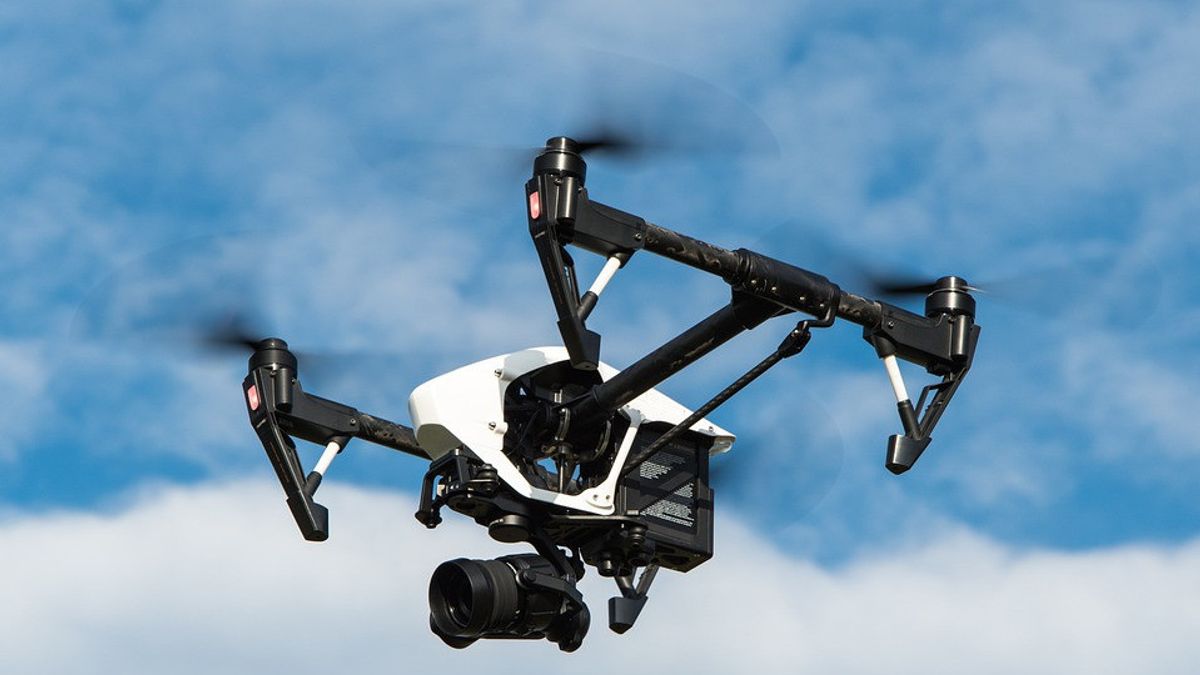JAKARTA – Individuals and companies who suffer losses from drones, robots and other products or services equipped with artificial intelligence software will find it easier to claim compensation under a draft EU regulation that is currently being discussed.
In the AI Liability Directive, which the European Commission will announce on Wednesday, September 28 that aims to address the increasing proliferation of AI-enabled products and services and a patchwork of national rules in 27 EU countries.
According to the draft law, victims can claim compensation for losses to their lives, property, health and privacy due to the fault or negligence of providers, developers, or users of AI technology or being discriminated against in the recruitment process using Artificial Intelligence.
The rules seek to lighten the burden of proof on victims by introducing "presumption of causality," meaning victims only need to show that the manufacturer's or user's failure to comply with certain requirements led to the harm and then attribute that to the AI technology in their lawsuit.
Under the "right of access to evidence", victims can ask courts to order companies and suppliers to provide information about high-risk AI systems so they can identify the person responsible and find out what went wrong.
VOIR éGALEMENT:
The EU executive on Wednesday 28 September will also update the Product Responsibility Directive which sets out the scope of manufacturers' responsibilities for defective products ranging from smart technology to machinery and pharmaceuticals.
As Reuters reports, the proposed changes would allow users to sue for compensation when software updates make their smart home products insecure or when manufacturers fail to fix cybersecurity loopholes.
Users with unsafe non-EU products will be able to sue EU manufacturer representatives for compensation.
The AI Liability Directive will need the green light from EU countries and EU lawmakers before it can become law.
The English, Chinese, Japanese, Arabic, and French versions are automatically generated by the AI. So there may still be inaccuracies in translating, please always see Indonesian as our main language. (system supported by DigitalSiber.id)


















